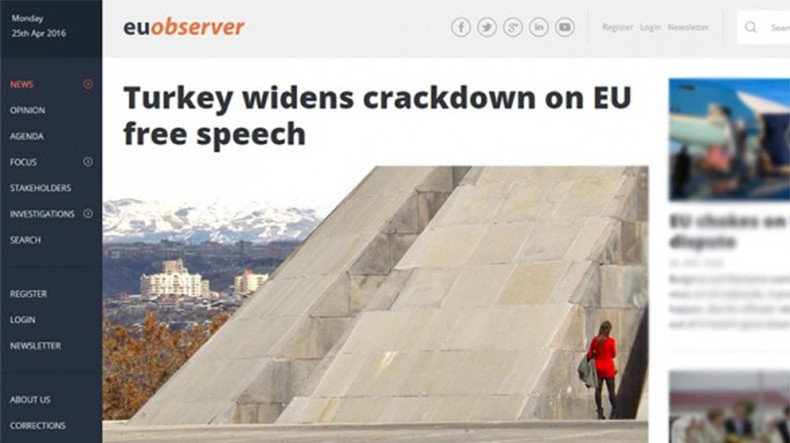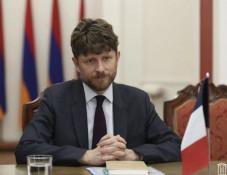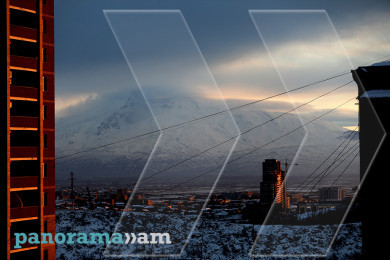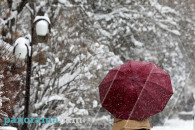
EUobserver: Turkey widens crackdown on EU free speech
Turkey has detained a Dutch journalist and complained about German and Swedish projects to commemorate Ottoman genocides, reports EUobserver.
According to the source, the moves come on top of calls for legal action against two European comedians, prompting awkward questions for EU leaders.
Ebru Umar, a Dutch journalist of Turkish origin, was arrested while on holiday in Turkey on Saturday (23 April) over her column in Dutch daily Metro in which she compared Turkey’s efforts to silence free speech in Europe to “NSB practices”, referring to the Dutch Nazi party in World War II. She also called Turkish president Recep Tayyip Erdogan a "megalomaniac dictator".
EUobserver further reports that Markus Rindt, whose Dresdner Sinfoniker orchestra had planned one such event, told German media that Turkey’s EU embassy had asked the European Commission to pull a €200,000 grant for his 30 April concert.
The event, to mark the 101st anniversary of the Ottoman Empire’s slaughter of 1.5 million Armenians, is to contain sung and spoken texts that describe the killings as genocide, which Turkey denies.
Rindt said the commission upheld the grant but deleted its online notice of the concert. He described the Turkish pressure on the EU as “an infringement on freedom of expression.”
The Turkish embassy in Sweden also urged the TV4 broadcaster to “reconsider” showing a documentary film, Seyfo 1915.
“We will protest against any attempt to exert pressure that threatens freedom of expression,” TV4 said.
German justice minister Heiko Maas wrote in Die Welt on Saturday that Merkel should send the message to Turkey that: “Opinion, art and freedom of the press are not negotiable.”
But Merkel, who visited Turkey this weekend with EU Council chief Donald Tusk and EU commissioner Frans Timmermans, was less outspoken.
Asked about free speech in a press briefing in Gaziantep, southern Turkey, she said EU leaders mentioned free speech concerns “in a frank and open manner” every time they met their Turkish counterparts.
She said it was normal that the EU and Turkey did not see eye-to-eye on some things. “The same is true of talks between some countries inside the European Union,” she said.
And she played down concerns that the EU-Turkey deal on taking back migrants from Greece had led to a more cautious approach.
Newsfeed
Videos






























